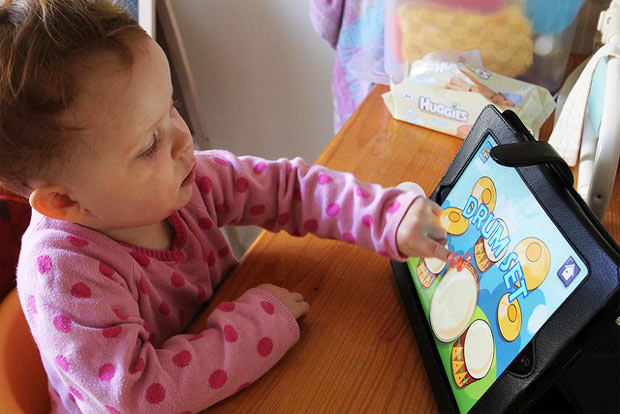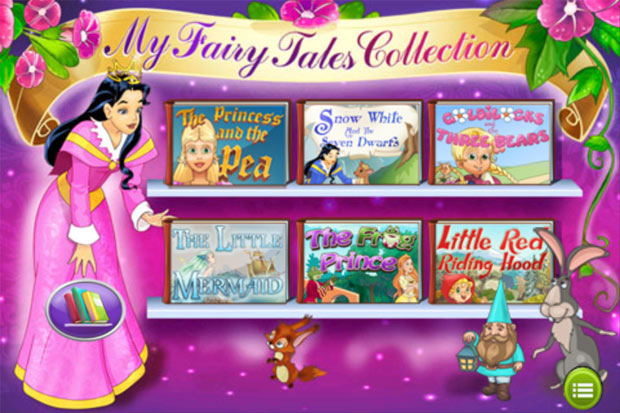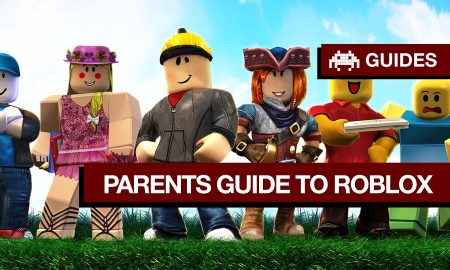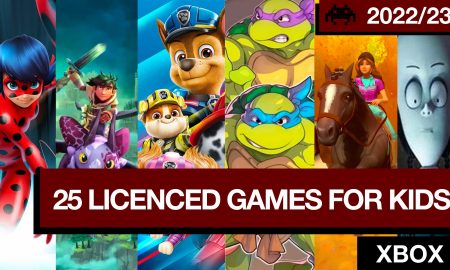

With technology becoming increasingly ubiquitous and integral to everyday life, it’s not a surprise that children are learning to use smartphones and tablets and computers at younger and younger ages.
A study in 2011 by a marketing research firm found more than 90 percent of American kids between the ages of two and 17 play video games—a nine percent increase from 2009. The study also showed that significantly more toddlers—children between the ages of two and five—are playing video games now than two years prior. This age group’s interest and time spent playing video games increased by 17 percent—nearly twice the overall growth of the entire study population.
Proponents of toddlers playing video games point out the use of fine motor skills, balance, vocabulary and occasionally spatial reasoning during certain games can only help improve the abilities of young children. Additionally, instructing children in technology at an early age and helping them become fluent in modern tech products will help them adapt and learn as they get older.
The variety of educational programs available to children of all ages is yet another reason video games can be beneficial to toddlers. By helping children learn their colors, alphabet, words, numbers and other basics before they enter the school system, video games can give them a head start.
However, just how helpful using technology, and specifically video games, is under debate. The American Academy of Pediatrics (AAP) recommends no screen use for babies and toddlers, as the organization claims that there are no discernable learning benefits from educational video games. Research (and the AAP) suggest that babies and toddlers may not derive a boost in learning from educational programming and media devices. Several studies suggest that children under the age of two lack the cognitive ability to understand the moving images on a screen, much less understand the cause-and-effect of video games.
As toddlers up to four years of age are still exploring their world with their developing senses, touching, tasting, feeling, and smelling are the ideal ways for them to learn about their surroundings. Face-to-face interaction and speaking with them to encourage conversation is considered the best way to stimulate their minds. However, for toddlers over the age of two or three, video games can help supplement their education.
How to pick video games for toddlers
Picking the appropriate games for your toddler is key. With the wide variety of educational video games for children available, choose one that suits your toddler’s age, attention span, and interest. Here are some suggested tips on finding the right video game.
- The Leap Frog series is made up of primarily developmental and educational games, for a wide range of ages. Family-friendly and popular, you are likely to find something suitable for your child in this series
- Seseamestreet.org has a section on computer games for kids and is a solid resource for recommendations.
- Another excellent site for detailed information on video games for young children is commonsensemedia.org.
- Multi-player games are excellent for lessons in taking turns and being a good sport
- Look for games that focus on memory and pattern recognition and hand-eye coordination. These games don’t have to be strictly educational, such as puzzles or dress up games, which appeal to the imagination. You can play these games while your toddler gives you direction.
- Stick with games that are rate Early Childhood (EC) or Everyone (E).
Maximize the benefits
Some tips on how to get the most out of the time your toddler spends on video games:
- Limit game time. As noted through research, face-to-face and hands-on play is the best way for young children to learn and experience the world. While educational video games are an excellent supplemental learning tool, it should not take the place of physical exploration. The AAP recommends a maximum of two hours of screen time a day, which includes watching television.
- Make it a family affair. Video games can be an excellent way to bond with your toddler. It is an activity that you can share with your child while teaching them about turn-taking and good sportsmanship. Some games include physical activity which is a great way to work exercise into your day for both you and your child.
Video games can teach, but they are not a substitute for life experience. An excellent way to learn basics like letters and numbers, video gaming can help your child improve in life skills. Ultimately, video games are just another tool in an arsenal of ways to explore the world.




































You must be logged in to post a comment Login